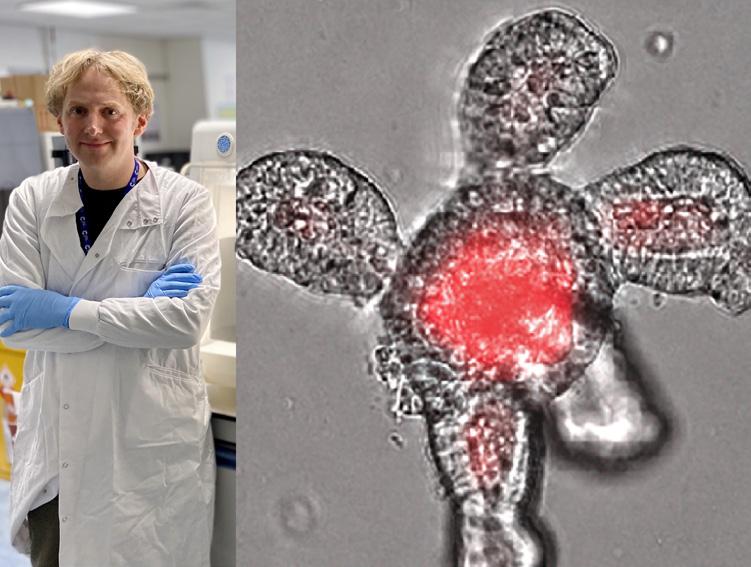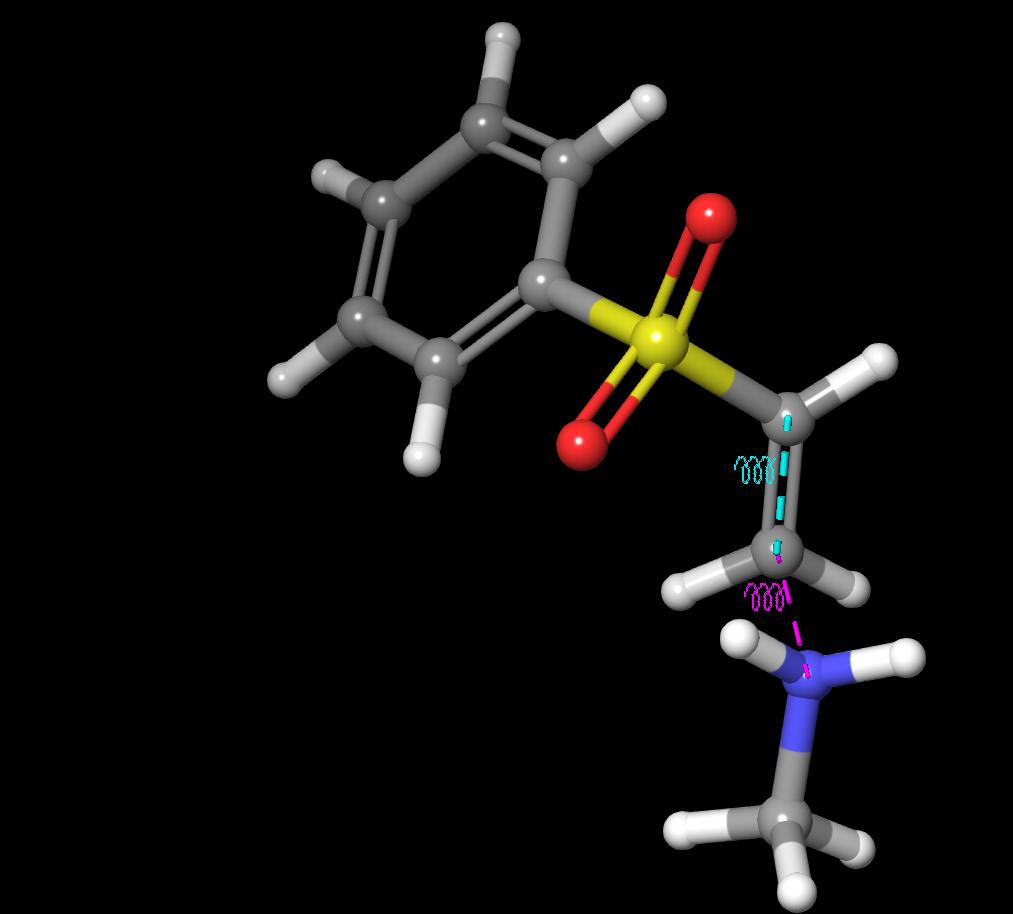
1 minute read
Molecular hydrogen
MOLECULAR HYDROGEN HAS HUGE POTENTIAL, FROM RESPIRATORY THERAPIES TO USE ON CROPS POST-HARVEST, BUT JUST HOW IT WORKS ISN’T YET KNOWN
BY: ZOE REES
Advertisement
Studies have demonstrated the medical applications of using molecular hydrogen (H2), including treatment of cancer, decompression sickness and soft tissue injuries. Anecdotal evidence for consumption of hydrogen rich water (HRW) has been seen in both athletics and post COVID-19 recovery. Molecular hydrogen is also seen to have positive effects on plants. During plant growth, H2 treatment affects seed germination, crop yield and stress tolerance: potentially significant for drought- prone regions. Post-harvest application of H2-based treatments have also shown encouraging results in preserving fruits and flowers. Perhaps a useful tool in preventing food waste. Professor John T. Hancock recently returned from Europe’s first biomedical conference on the uses of molecular hydrogen and, along with PhD student, Grace Russell, has been researching the mechanisms of action and applications of this seemingly miraculous molecule. The anecdotal and experimental evidence base for the benefits of using molecular hydrogen has grown rapidly in the last decade, but with a variety of hypotheses on exactly what it does.
H2 has been researched since the 18th century, but the last 15 years have seen an explosion in investigations. Hydrogen is relatively abundant, and the molecular form can be produced from a wide variety of processes including electrolysis of water. How H2 is applied can vary, including using HRW, H2 gas, or in topical treatments. But without understanding the exact mechanism of action, the methods of administration are not fine-tuned. With a background in researching cell signalling –how cells accept, process, and transmit signals – Professor Hancock has long held interest in “small molecules which have profound effects on biology”. The Professor of Cell Signalling at University of the West of England and Editorin-Chief of the journal Oxygen began reviewing the use of molecular hydrogen in 2017 and has been hypothesising the exact actions of H2.
One theory of how it causes change is by acting as an antioxidant that has a direct interaction with the sometimesharmful by-products of cell activity. Hancock has been in discussion with other scientists about the hypotheses, including that H2 acts on proteins, changing their activity/inactivity status. Hancock says that we are “missing a gap” in knowledge of the exact actions, and the next steps could involve research from physicists. More research is needed to find the exact interactions between










